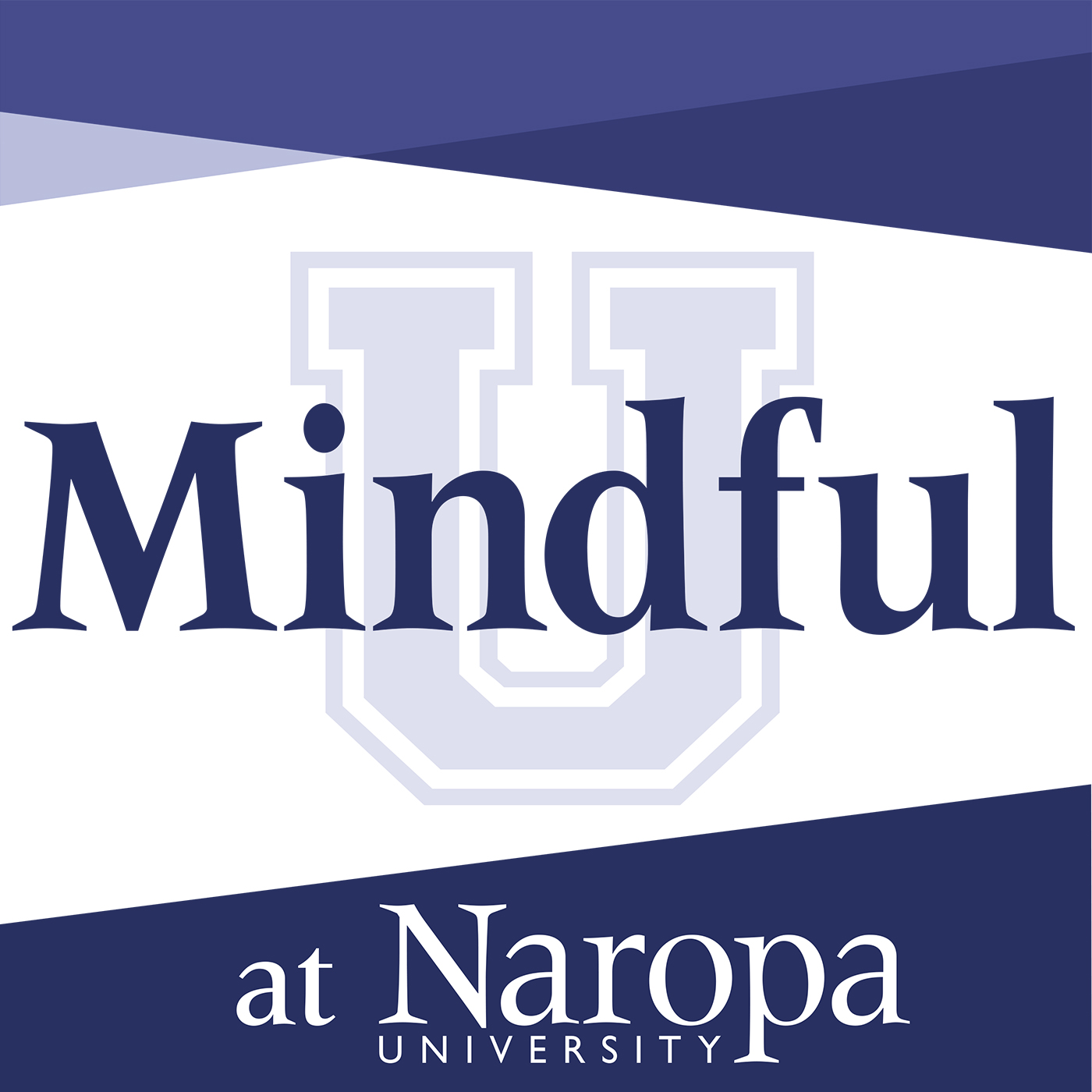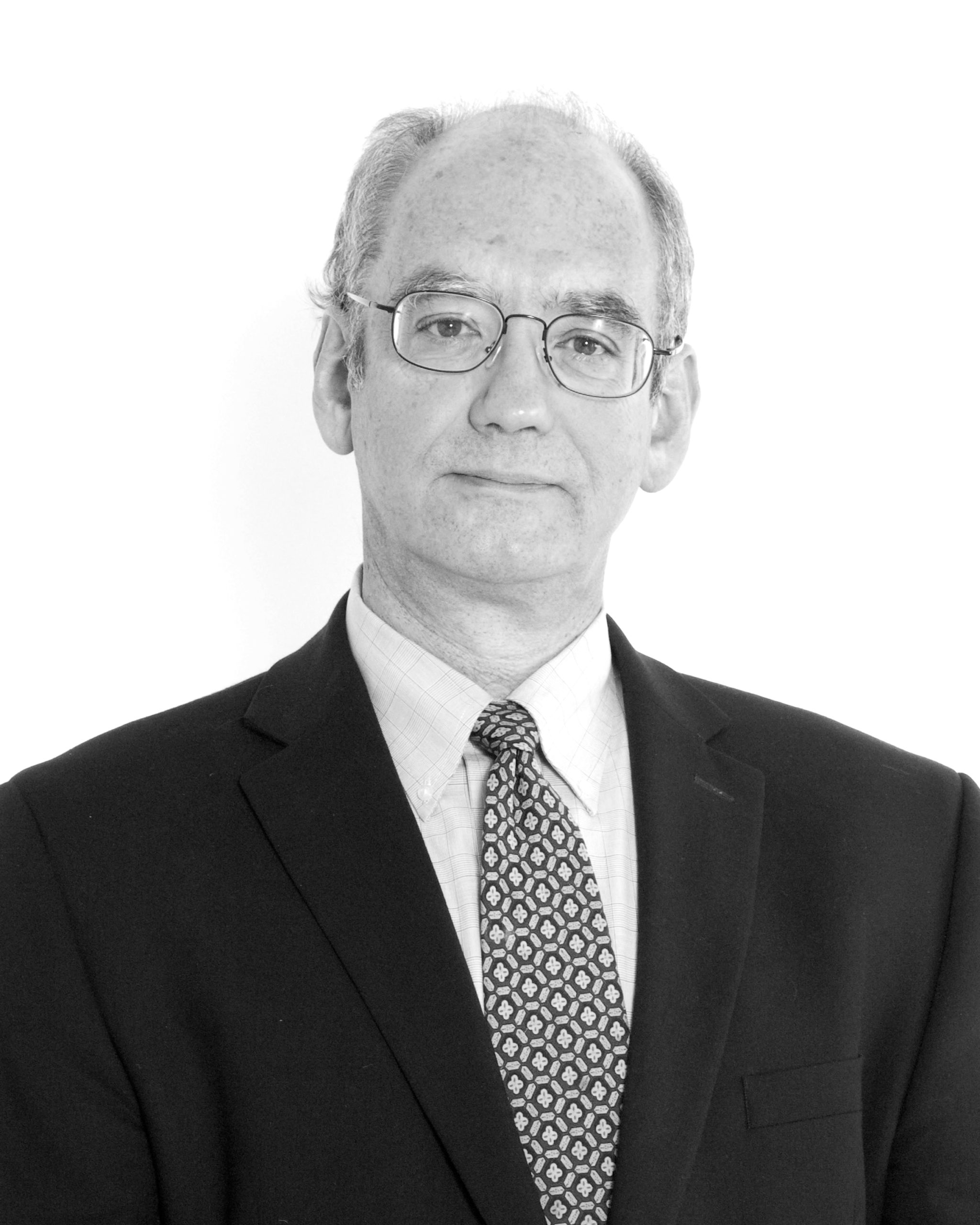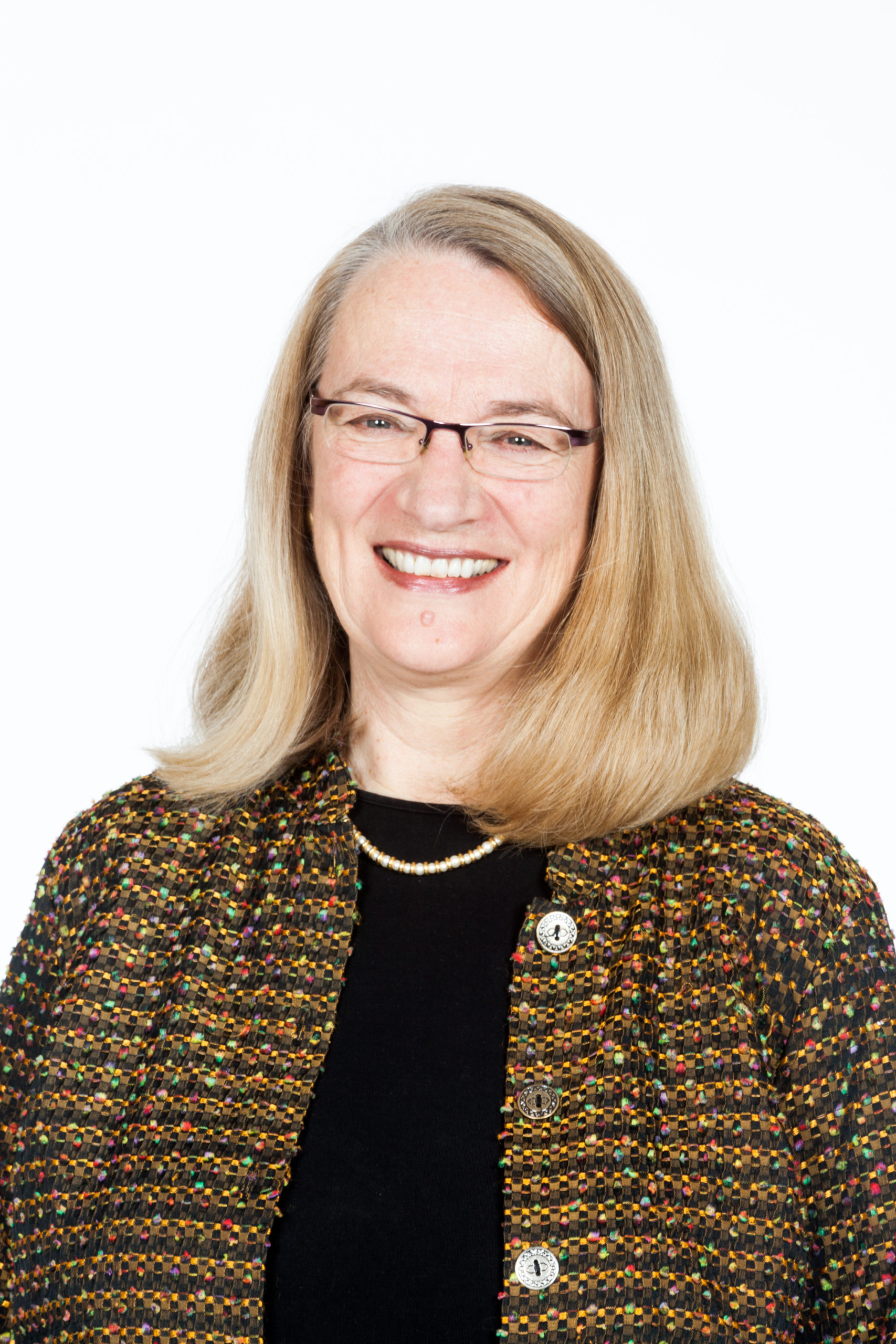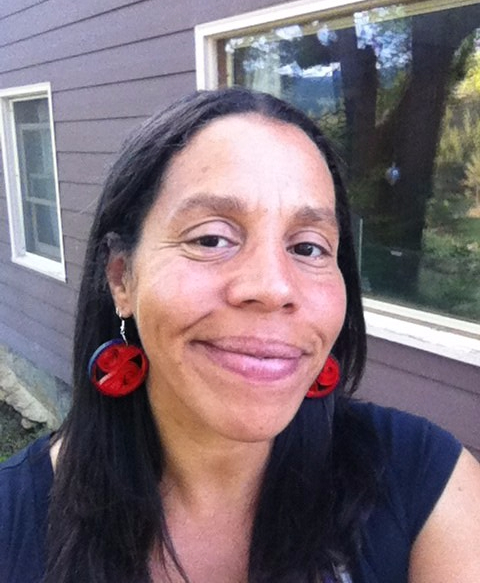
We are excited to announce the launch of our first-ever university podcast, MindfulU at Naropa!
As the birthplace of the mindfulness movement in the United States, Naropa University has a unique perspective when it comes to higher education in the West. Founded in 1974 by renowned Tibetan Buddhist scholar and lineage holder Chögyam Trungpa Rinpoche, Naropa was intended to be a place where students could study Eastern and Western religions, writing, psychology, science, and the arts, while also receiving contemplative and meditation training.
Forty-three years later, Naropa is a leader in ‘contemplative education’, a pedagogical approach that blends rigorous academics, contemplative practice, and experiential learning. Naropa President Chuck Lief explains, “Mindfulness here is not a class. Mindfulness is basically the underpinning of what we do in all of our classes. That said, the flavor or the color of mindfulness from class to class is really completely up to the individual faculty member to work on—on their own. So, what happens in a poetry class is going to look very different from what happens in a research psychology class. But, one way or another the contemplative practices are brought into the mix.”
This podcast will initially feature episodes with different faculty members at Naropa, and will look at how they bring mindfulness/a contemplative lens into their classes and how that enhances the learning environment for students in a way that is missing in most college courses. Future episodes will also feature Naropa students and alumni speaking on their experience at a contemplative university and how a mindful approach to education has influenced their life and career path.
The first three episodes are out on iTunes now – check them out below and come back for new episodes every other Tuesday (the next episode will be out October 24th!)
Episode 1: Chuck Lief – Social Innovation
 Chuck Lief is the President of Naropa University, and a long time student of Naropa’s founder Chögyam Trungpa Rinpoche. In this inaugural episode of MindfulU, Lief discusses his various roles at Naropa since its founding, and explains what makes Naropa University unique. Lief then gives an overview of the course he teaches at Naropa as a part of the Peace Studies undergraduate program, Social Innovation and Entrepreneurship. He explains how the idea of a social enterprise has shifted over time to acknowledge that business and business tools can be used to create significant social change. He also gives examples of social enterprises that have been generated from Naropa students as class assignments.
Chuck Lief is the President of Naropa University, and a long time student of Naropa’s founder Chögyam Trungpa Rinpoche. In this inaugural episode of MindfulU, Lief discusses his various roles at Naropa since its founding, and explains what makes Naropa University unique. Lief then gives an overview of the course he teaches at Naropa as a part of the Peace Studies undergraduate program, Social Innovation and Entrepreneurship. He explains how the idea of a social enterprise has shifted over time to acknowledge that business and business tools can be used to create significant social change. He also gives examples of social enterprises that have been generated from Naropa students as class assignments.
Episode 2: Judith Simmer-Brown – The Science of Compassion
 Acharya Judith Simmer-Brown is a Distinguished Professor of Contemplative and Religious Studies at Naropa University. In this episode, Simmer-Brown discusses an undergraduate course she teaches at Naropa, Wisdom & Compassion: The Buddhist Path. Simmer-Brown discusses how much of the scientific research done in the West has focused on the negative, or what is wrong with humans/human nature. Looking at the ‘new’ science of compassion, by contrast, allows us to focus on what is right about human beings and understand how to cultivate kindness through exercises like compassion training. Simmer-Brown also gives an example of a compassion training practice and shares a brief history of the mindfulness/compassion movement in the West.
Acharya Judith Simmer-Brown is a Distinguished Professor of Contemplative and Religious Studies at Naropa University. In this episode, Simmer-Brown discusses an undergraduate course she teaches at Naropa, Wisdom & Compassion: The Buddhist Path. Simmer-Brown discusses how much of the scientific research done in the West has focused on the negative, or what is wrong with humans/human nature. Looking at the ‘new’ science of compassion, by contrast, allows us to focus on what is right about human beings and understand how to cultivate kindness through exercises like compassion training. Simmer-Brown also gives an example of a compassion training practice and shares a brief history of the mindfulness/compassion movement in the West.
Episode 3: Jeanine Canty – Environmental Justice
 Jeanine Canty is a professor and chair of the Environmental Studies Department at Naropa University, which includes the MA in Resilient Leadership Program and the BA Environmental Studies major. In this episode, Canty shares on the topic, ‘Oppressions of People and Oppressions of the Earth Go Hand and Hand.’ Canty explains the link between social and ecological injustice and how throughout human history, the oppression of people of color has been inseparable from the oppression of the natural world. She also talks about the theoretical framework of Eco-psychology and how it can help us recognize these patterns of injustice and reconnect to our ‘ecological selves’ in order to bring about individual and environmental healing.
Jeanine Canty is a professor and chair of the Environmental Studies Department at Naropa University, which includes the MA in Resilient Leadership Program and the BA Environmental Studies major. In this episode, Canty shares on the topic, ‘Oppressions of People and Oppressions of the Earth Go Hand and Hand.’ Canty explains the link between social and ecological injustice and how throughout human history, the oppression of people of color has been inseparable from the oppression of the natural world. She also talks about the theoretical framework of Eco-psychology and how it can help us recognize these patterns of injustice and reconnect to our ‘ecological selves’ in order to bring about individual and environmental healing.



